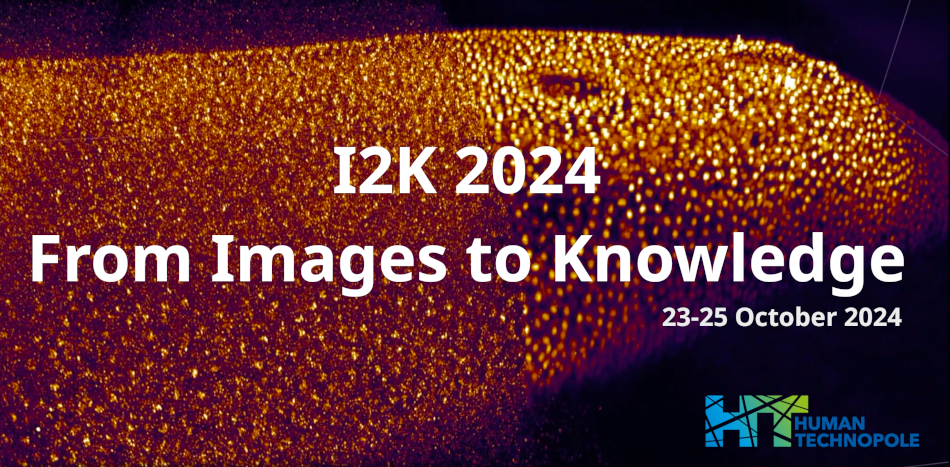Speaker
Description
Stem cells are unique in their self-renewal and differentiation capacity into many cell types. They are an attractive platform for modelling human tissue in vitro, but producing homogenous cultures is challenging due to limited control of the microenvironment. Automating differentiation protocols can reduce human error and increase efficiency and yield.
Here we present an open-source robotic platform for cell culture maintenance and differentiation that boosts the reproducibility of protocols and promotes the accessibility of automated experiments. The robot allows for multi-well solution application and includes a microscope with a fluorescent blue light filter for simultaneous imaging.
We aim to automate the differentiation of Ntera-2 cells (NT2Cs), a pluripotent embryonic carcinoma cell line, into functional neurons. Differentiation of NT2Cs can be induced by retinoic acid (RA) application; however, cell populations exhibit significant phenotype heterogeneity. Optimised differentiation will be achieved by automated testing of thousands of conditions with variations of exposure time, concentration, and application dynamics of RA. Cell differentiation is monitored by cell morphology and automatic immunostaining for surface antigens and intracellular proteins for pluripotency (TRA-1-60) and neuronal differentiation (A2B5).
| Authors | Heather J McCourty*, Dr Paul Gokhale, Dr Anton Nikolaev |
|---|---|
| Keywords | open source, automation, stem cells, differentiation |

